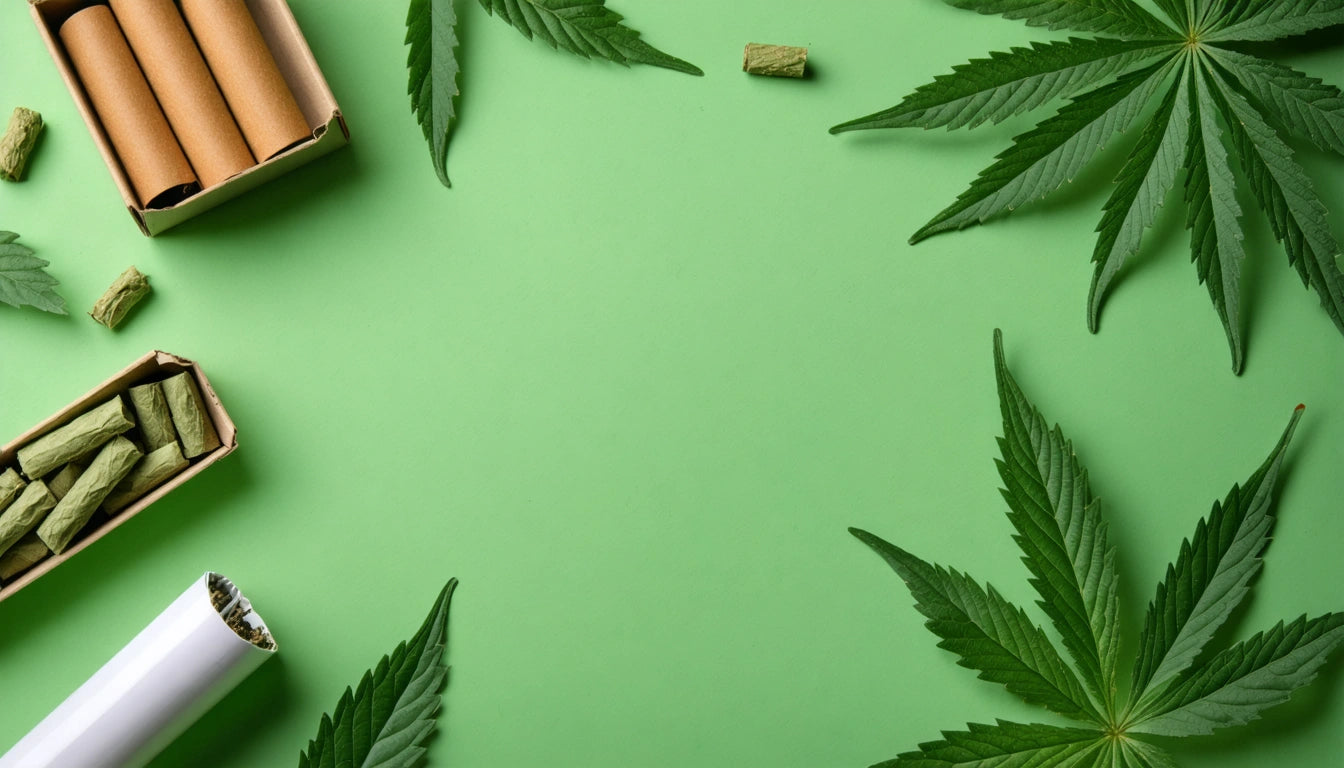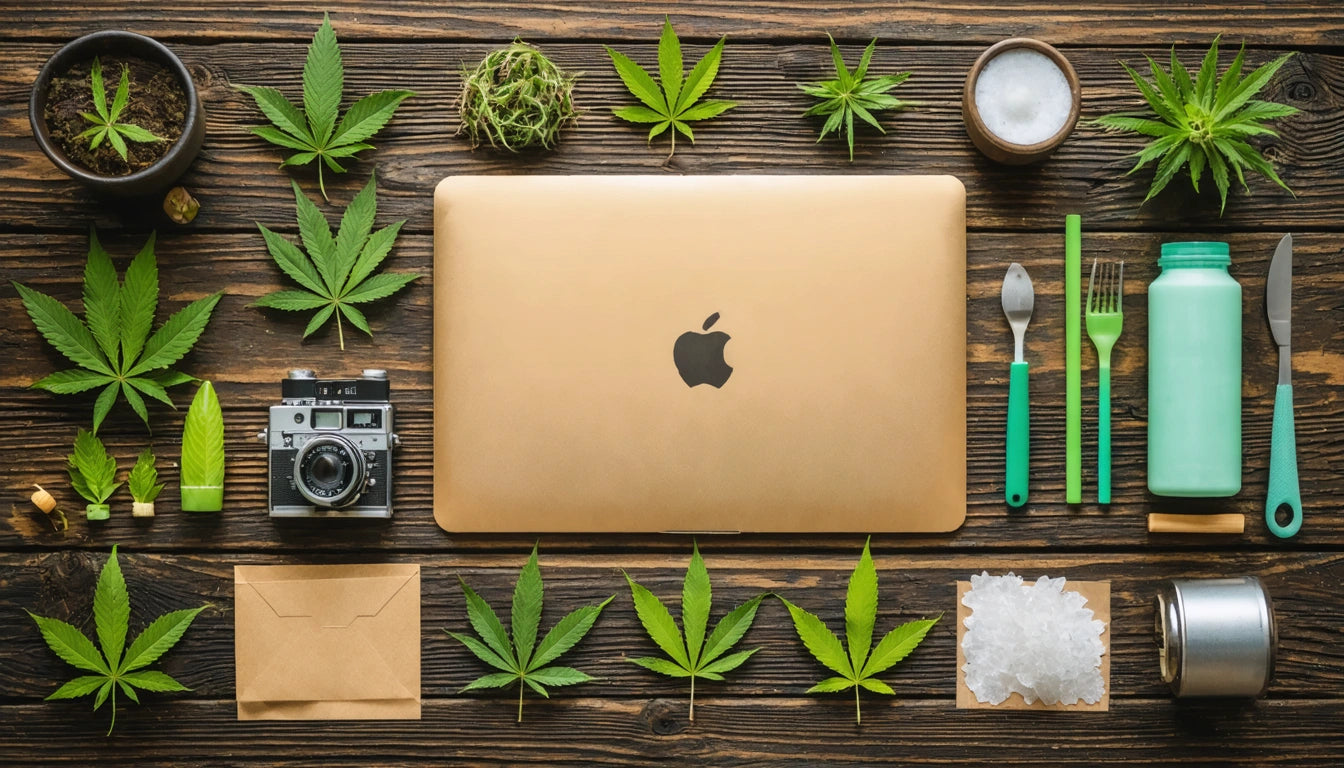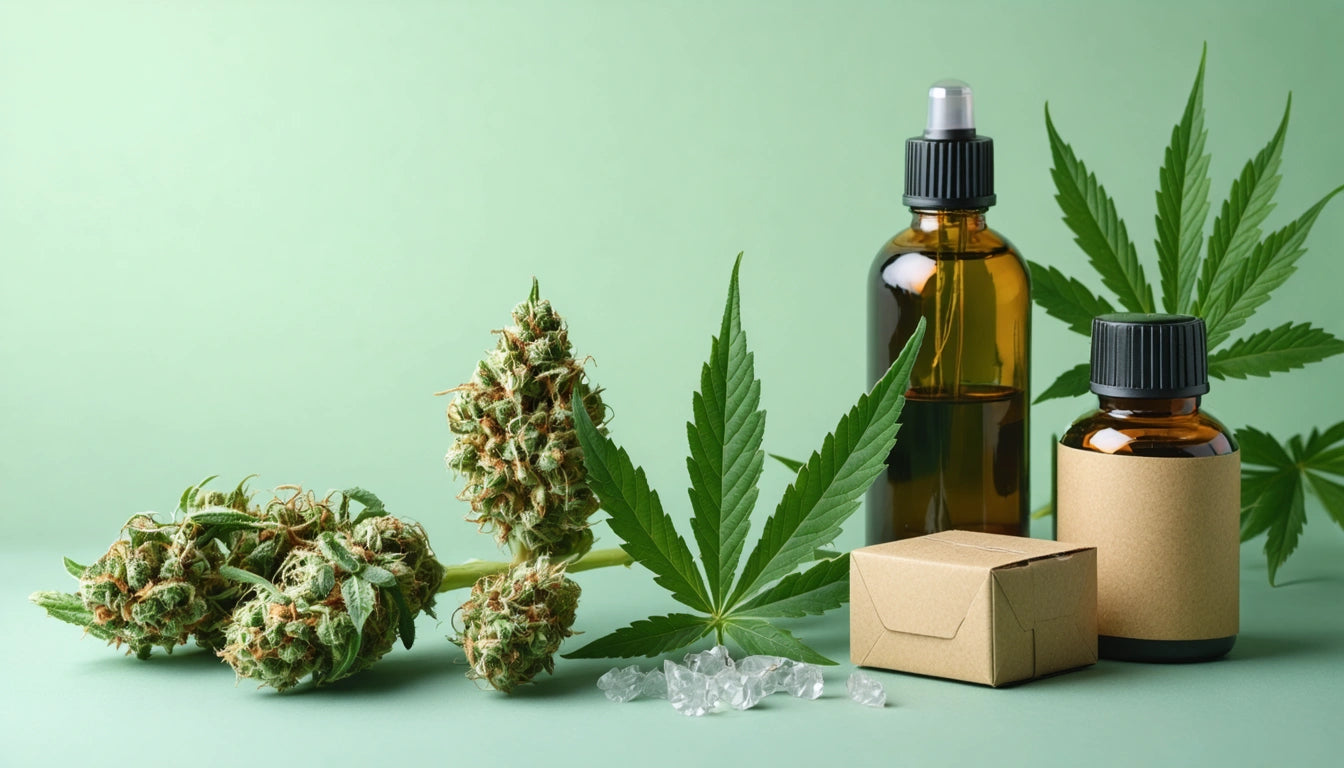Table of Contents
- The Importance of Sustainable Pre-Roll Packaging
- Compostable Pre-Roll Packaging Options
- Recyclable Pre-Roll Packaging Solutions
- Biodegradable Alternatives for Pre-Roll Packaging
- Regulatory Considerations for Eco-Friendly Packaging
- Brand Benefits of Sustainable Packaging Choices
- Future Innovations in Sustainable Pre-Roll Packaging
The cannabis industry faces increasing pressure to reduce its environmental footprint, with packaging waste becoming a primary concern. Pre-rolls, which typically come in single-use containers, present a particular challenge. Fortunately, sustainable pre-roll packaging options are expanding, offering cannabis brands ways to maintain compliance while reducing environmental impact.
The Importance of Sustainable Pre-Roll Packaging
Traditional pre-roll packaging often relies on plastic tubes, mylar bags, and other materials that can take centuries to decompose. As consumer awareness grows, the demand for eco-friendly alternatives has increased substantially. A recent industry survey found that 64% of cannabis consumers consider sustainable packaging important in their purchasing decisions.
When evaluating sustainable options, brands must balance environmental benefits with practical considerations like freshness preservation, child resistance, and brand presentation. The goal is finding solutions that satisfy regulatory requirements without sacrificing sustainability.
Compostable Pre-Roll Packaging Options
Plant-Based Tubes and Containers
Plant-based materials derived from corn, hemp, and sugarcane are increasingly popular for pre-roll tubes. These materials can break down in commercial composting facilities within 90-180 days, compared to the centuries required for traditional plastics.
Hemp-based packaging deserves special mention for its sustainability profile. Hemp grows quickly with minimal water and pesticide requirements, making it an ideal material for the cannabis industry to adopt. Hemp plastic tubes and containers provide durability while offering end-of-life composting options.
Compostable Doob Tubes
Compostable doob tubes represent one of the most promising advances in sustainable pre-roll packaging. Made from PLA (polylactic acid) or other plant-derived polymers, these tubes mimic the functionality of plastic while decomposing under industrial composting conditions.
Recyclable Pre-Roll Packaging Solutions
For brands seeking more widely available sustainable options, recyclable materials offer practical alternatives to single-use plastics.
Glass Tubes
Glass pre-roll tubes provide premium presentation and are infinitely recyclable. The comparison between glass and plastic tubes reveals that while glass is heavier and more fragile, its recyclability and premium feel make it attractive for higher-end products.
Aluminum and Tin Containers
Metal containers, particularly aluminum and tin options, offer excellent recyclability while providing superior protection. These materials can be recycled repeatedly without quality degradation. Metal containers are particularly suitable for multi-pack pre-roll packaging, combining durability with sustainability.
When sourcing durable packaging solutions that can be easily recycled, many brands are exploring recyclable mylar bag options that provide product protection while allowing for responsible disposal when properly processed.
Biodegradable Alternatives for Pre-Roll Packaging
Biodegradable materials offer a middle ground between traditional plastics and fully compostable options.
Paper-Based Solutions
Paper-based packaging, including cardboard boxes and paper tubes, provides excellent biodegradability while offering customization options. These materials can be sourced from FSC-certified forests or recycled paper stocks, further enhancing their sustainability credentials.
Biodegradable Plastics
Some biodegradable plastics incorporate additives that accelerate breakdown when exposed to specific environmental conditions. While not as environmentally beneficial as compostable options, these materials degrade faster than conventional plastics and can be appropriate transitional solutions.
Regulatory Considerations for Eco-Friendly Packaging
Sustainable packaging must still meet regulatory requirements, particularly child resistance standards. This presents unique challenges for eco-friendly materials.
As outlined in this guide on meeting regulatory standards, child-resistant mechanisms must function properly regardless of the base material. Sustainable options now include compostable push-and-turn caps, recyclable squeeze-and-pull designs, and paper-based child-resistant folding boxes.
Different states have varying requirements for cannabis packaging, as detailed in this state-by-state comparison. When implementing sustainable packaging, brands must ensure compliance with local regulations while pursuing environmental goals.
Brand Benefits of Sustainable Packaging Choices
Beyond environmental considerations, sustainable packaging offers significant brand advantages.
- Enhanced brand perception among environmentally conscious consumers
- Potential for premium positioning and pricing
- Alignment with corporate social responsibility goals
- Preparation for increasingly stringent environmental regulations
- Differentiation in a crowded marketplace
As discussed in this analysis of packaging's impact on customer perception, sustainable materials can positively influence how consumers view product quality and brand values.
Future Innovations in Sustainable Pre-Roll Packaging
The sustainable packaging landscape continues to evolve rapidly. Emerging innovations include mushroom-based packaging materials, seaweed-derived alternatives, and advanced paper composites that provide moisture barriers without plastic coatings.
Smart packaging technologies are also being integrated with sustainable materials. QR codes printed with plant-based inks on compostable packaging can provide product information, usage instructions, and proper disposal guidance, enhancing both the user experience and end-of-life management.
As the cannabis industry matures, collaborative approaches between brands, packaging suppliers, and waste management systems will be essential for creating truly circular packaging solutions. By investing in sustainable pre-roll packaging today, brands position themselves at the forefront of industry best practices while contributing to environmental preservation.











Leave a comment
All comments are moderated before being published.
This site is protected by hCaptcha and the hCaptcha Privacy Policy and Terms of Service apply.